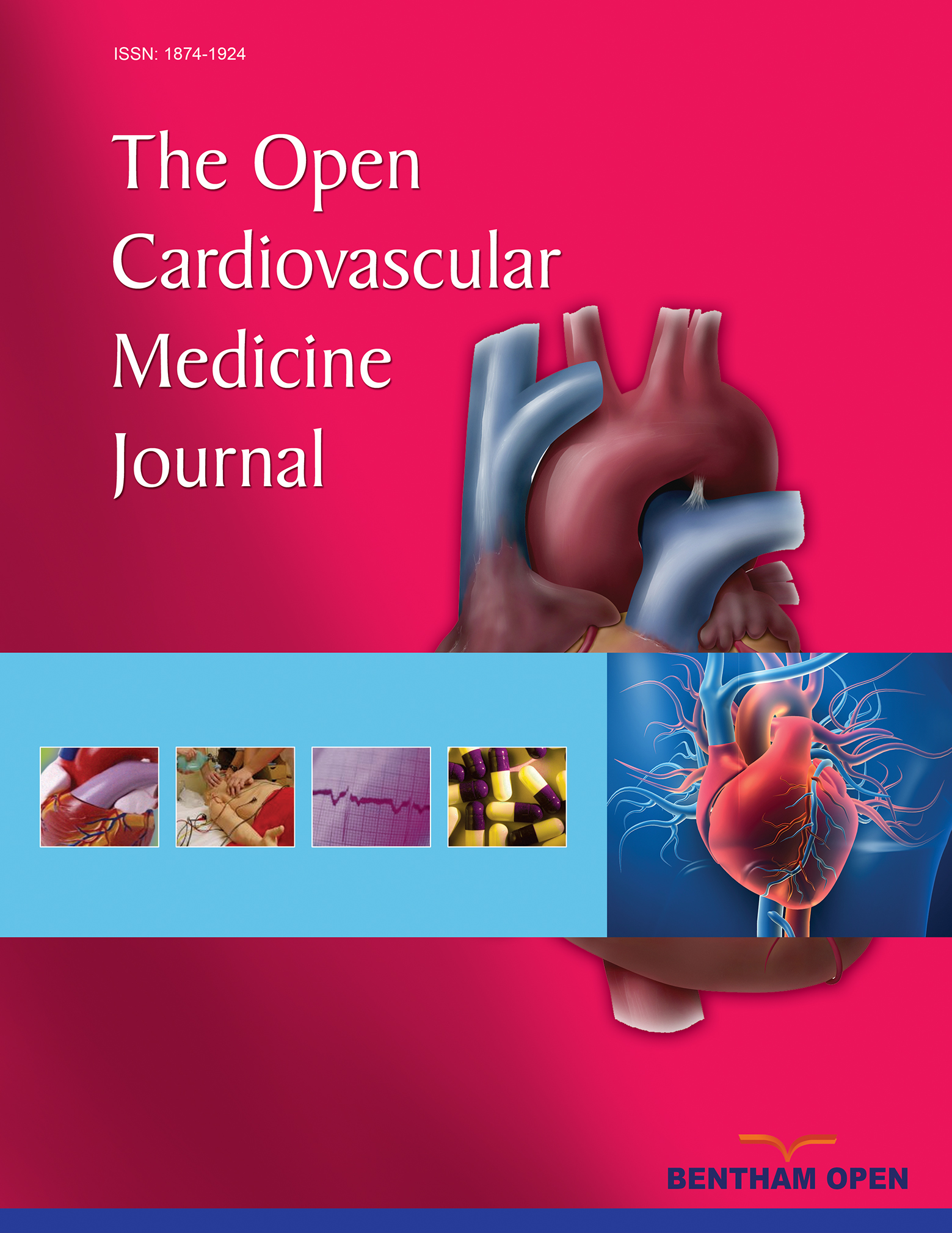All published articles of this journal are available on ScienceDirect.
The Role of Psychobiological and Neuroendocrine Mechanisms in Appetite Regulation and Obesity
Abstract
Obesity is a multifactorial disease. Among its causes are physical inactivity and overeating. In addition, other factors may play an important role in the development of overweight/obesity. For example, certain hormones including leptin, insulin and ghrelin, may influence appetite and consequently body weight. Obesity frequently co-exists with metabolic disorders including dyslipidemia, hypertension and insulin resistance, thus constituting the metabolic syndrome which is characterized by increased cardiovascular risk.
Lack of comprehensive knowledge on obesity-related issues makes both prevention and treatment difficult. This review considers the psychobiological and neuroendocrine mechanisms of appetite and food intake. Whether these factors, in terms of obesity prevention and treatment, will prove to be relevant in clinical practice (including reducing the cardiovas-cular risk associated with obesity) remains to be established.


